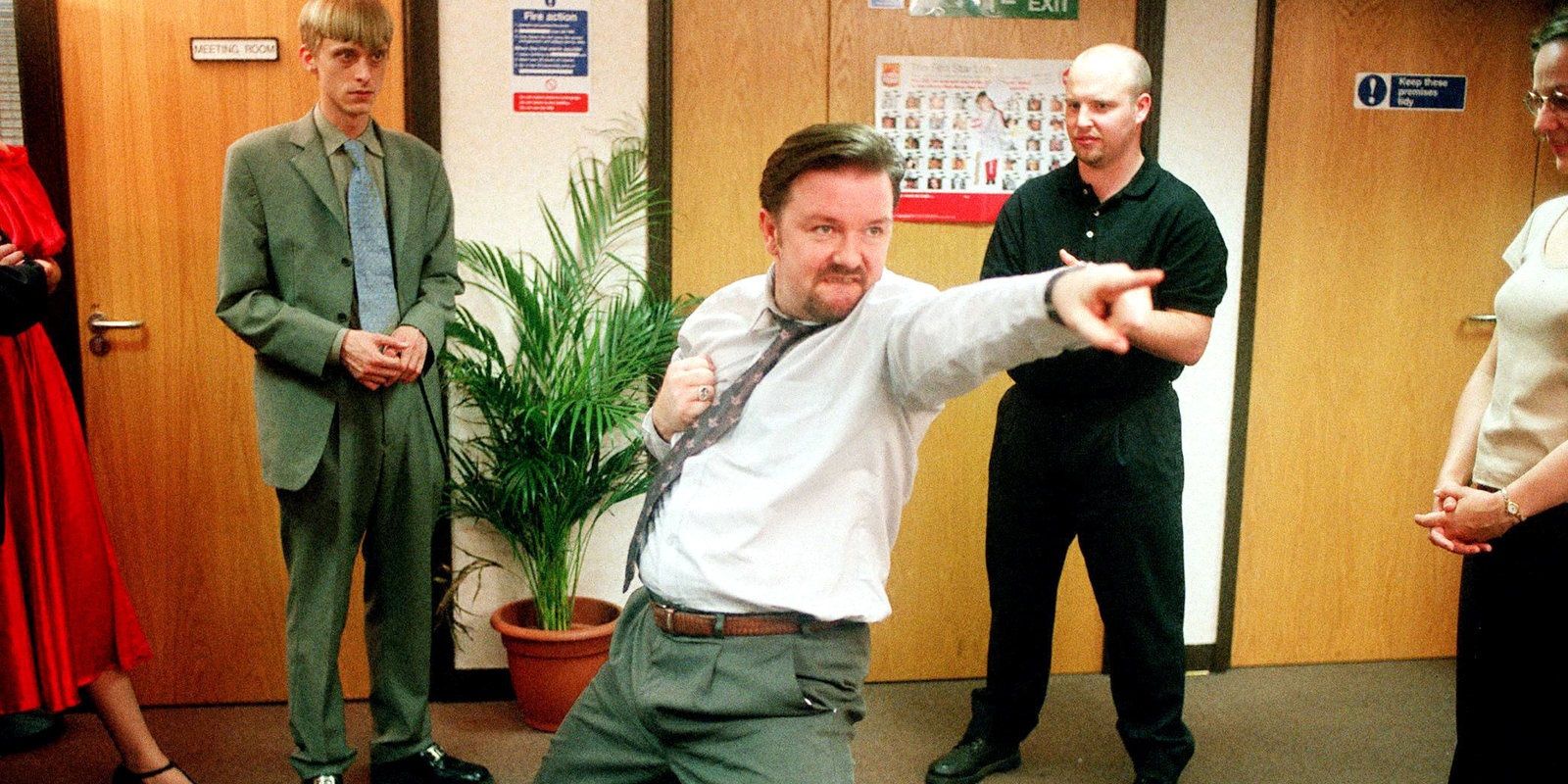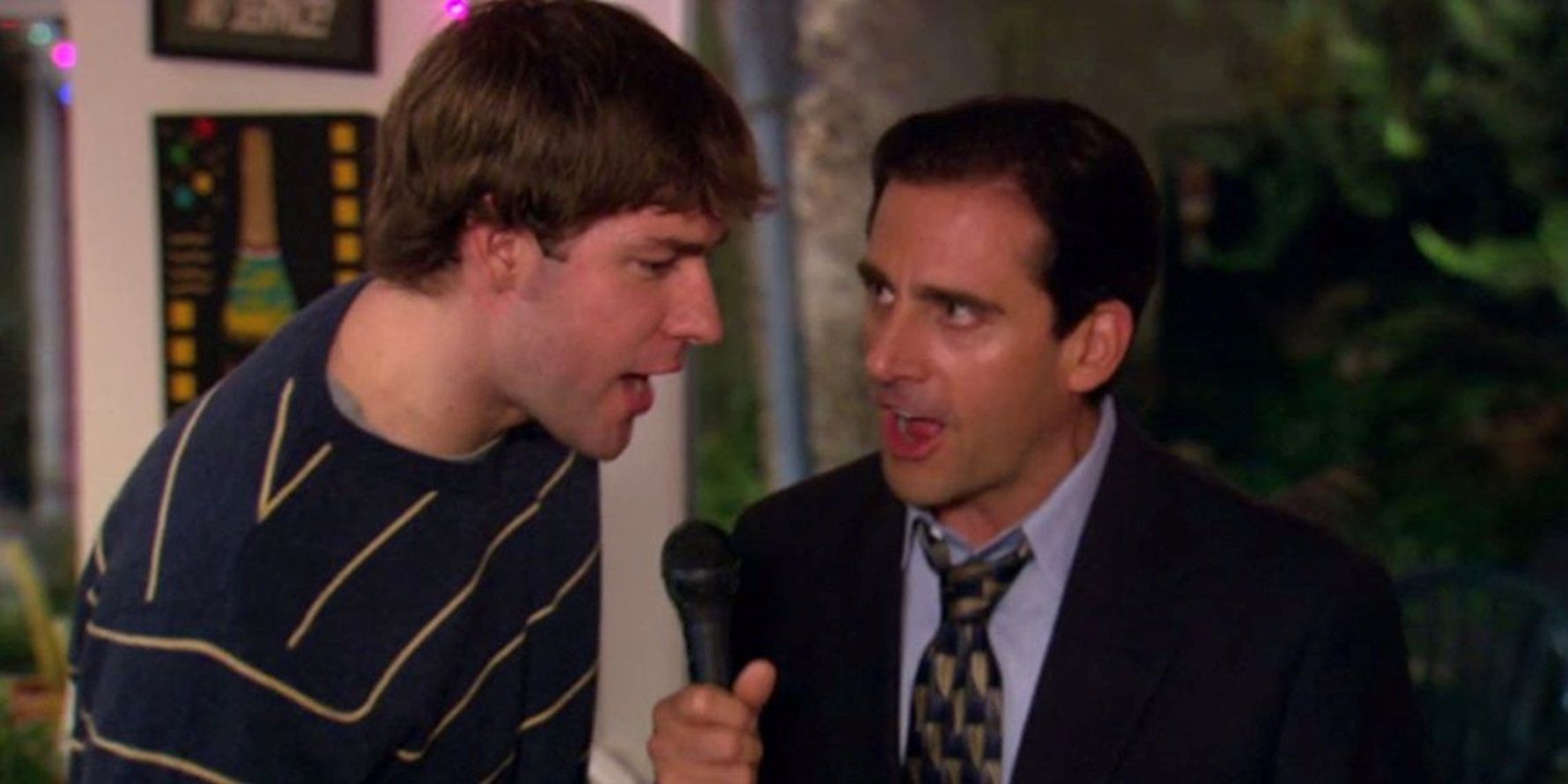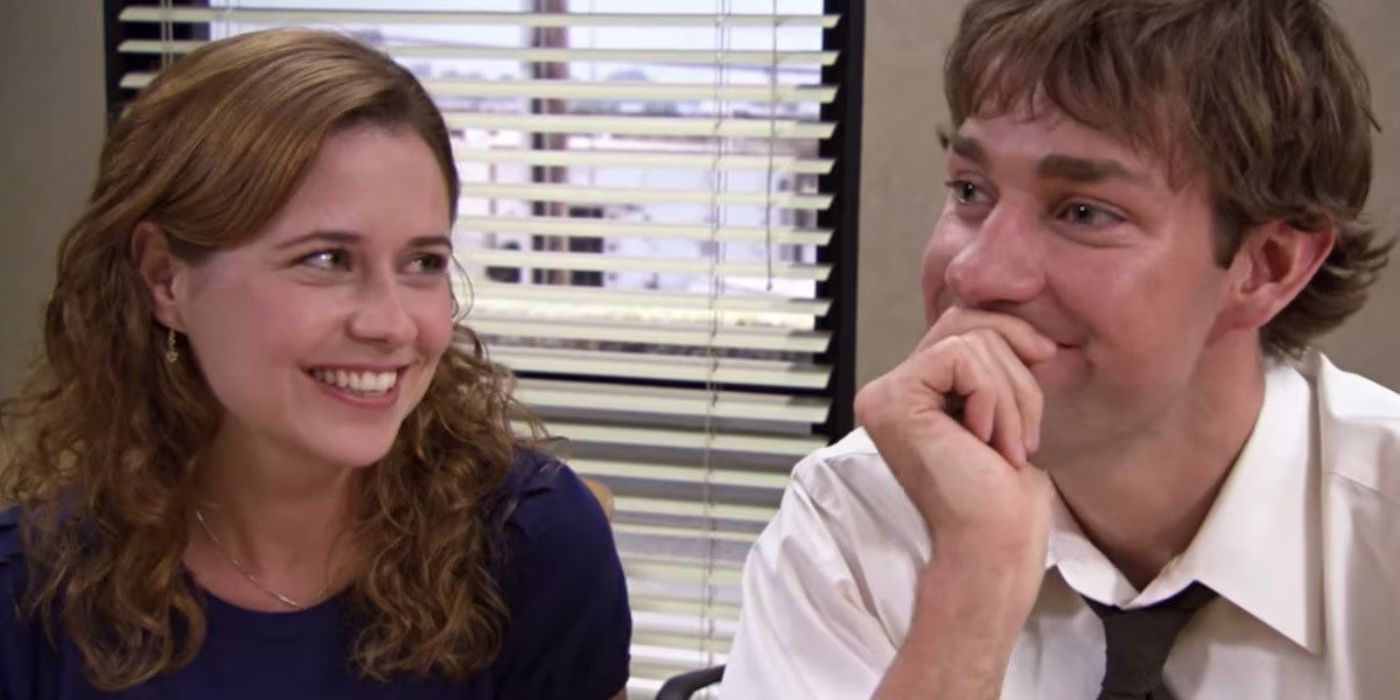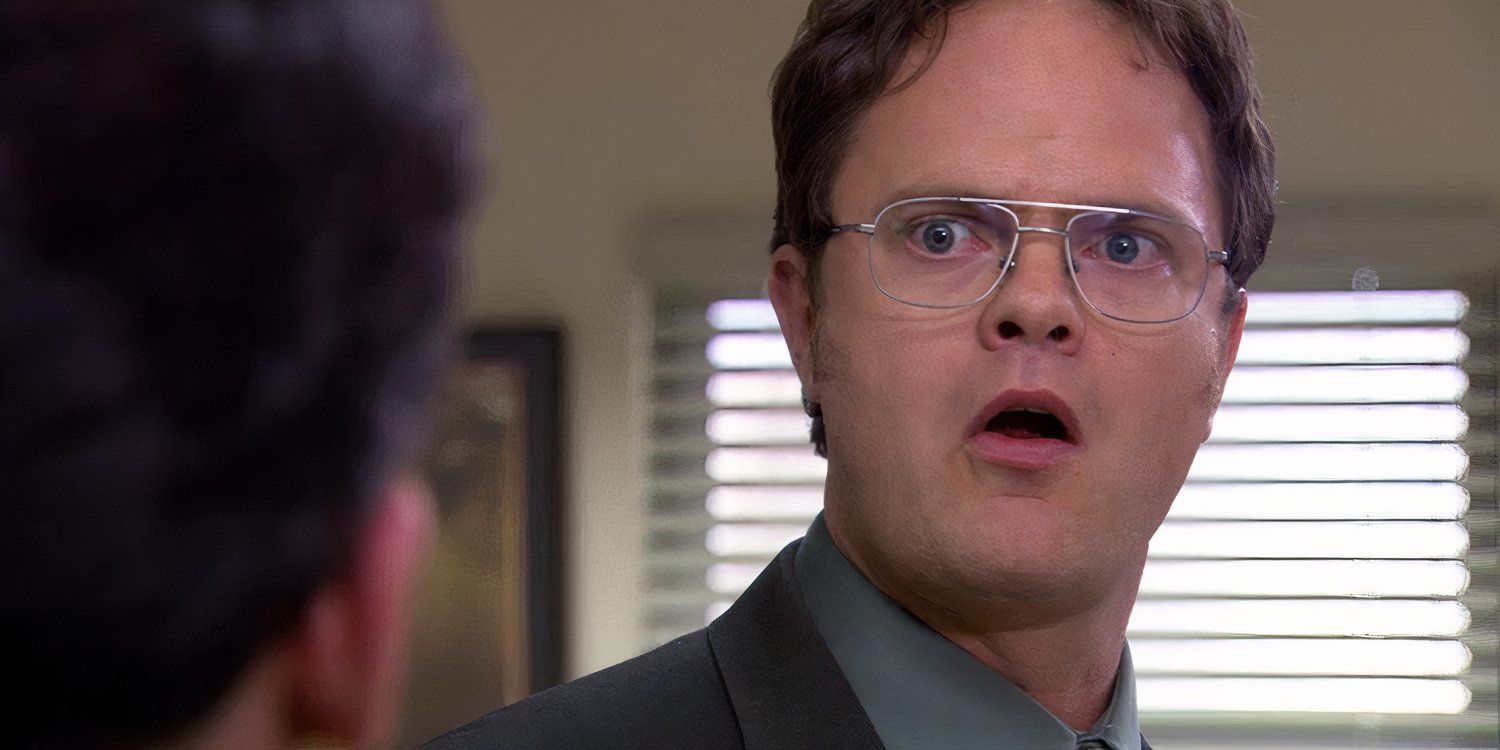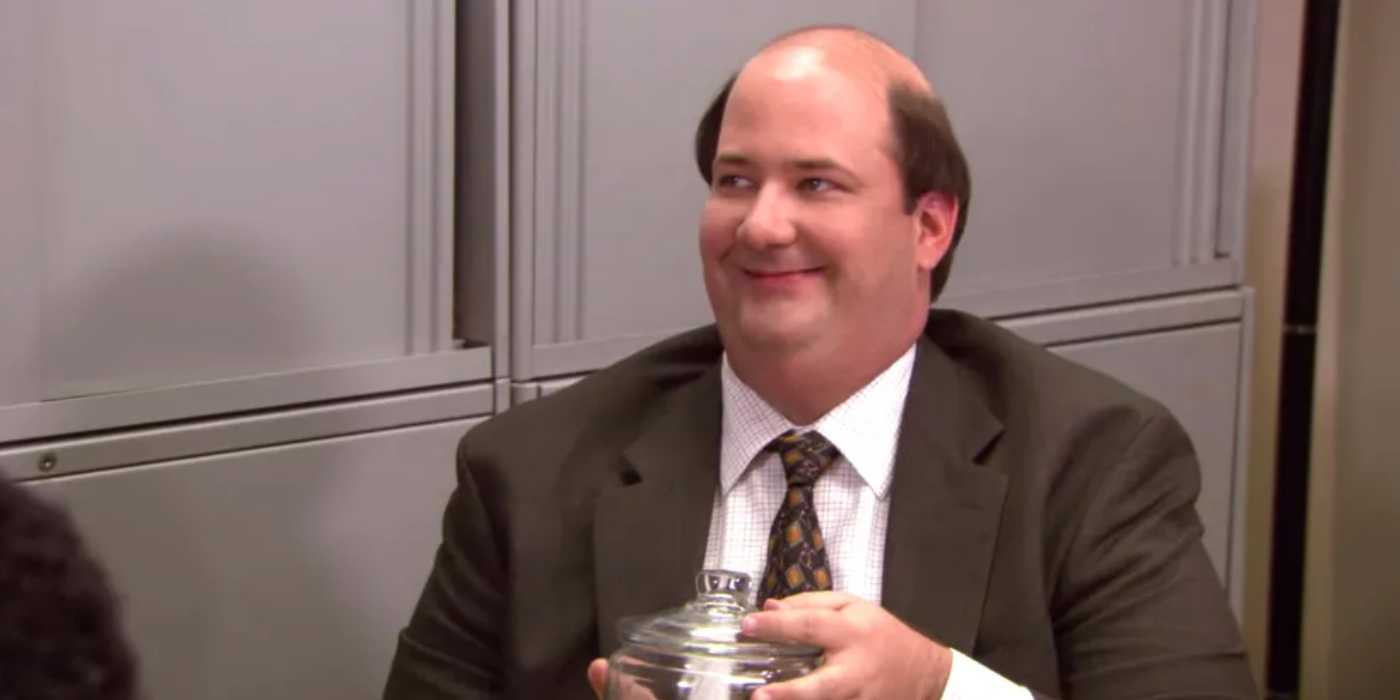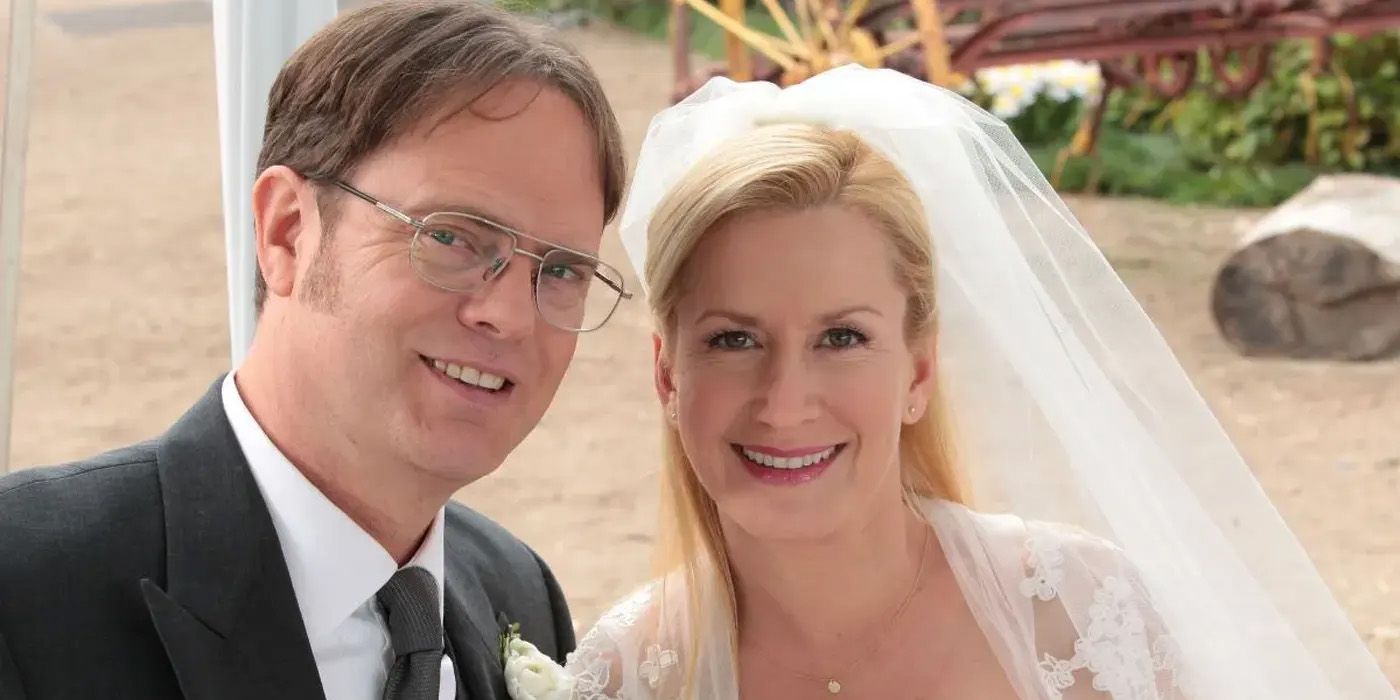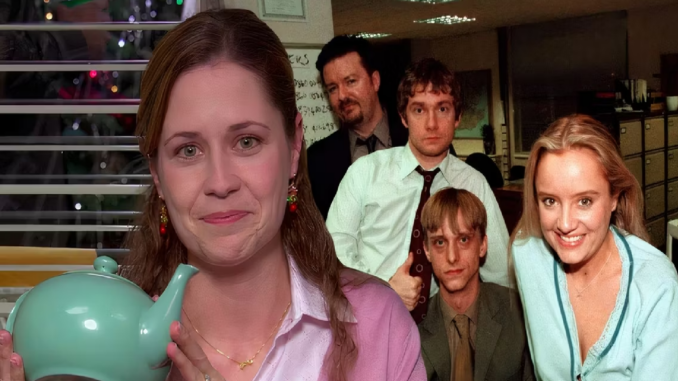
The U.S. version of The Office made a lot of great decisions to set itself apart from the U.K. version, and the original casting auditions show what the most important one was. The U.S. version of The Office was originally a spinoff of an already existing show of the same name from The United Kingdom. There are plenty of differences between the U.S. and U.K. versions of The Office, but one of the most important ones revealed itself very early on: during the casting process.
The cast of The Office was arguably one of its most important ingredients for success. From comedy gold mines like Steve Carell’s Michael Scott and Rainn Wilson’s Dwight Schrute to more nuanced and normal characters like Jenna Fischer’s Pam Beasley and Angela Kinsey’s Angela Martin, the characters in The Office worked together perfectly to make it a great comedy show. Early on, however, The Office almost looked very different, and if some of the other actors who auditioned had gotten the part, it likely never would have been as successful as it is.
The Office’s Auditions Prove That The Characters Worked Better As Likable People
One of the things that the audition tapes for the U.S. version of The Office highlights is that the characters worked better as likable people. The actors who would end up securing their spots on the show all played their roles like normal, albeit a bit strange, people. They stood out precisely because they seemed both like people who could actually be found in office buildings across America and because they all had some likable qualities. Dwight is a great example: Seth Rogen and Judah Friedlander focused on Dwight’s creepiness, while Rainn Wilson made him a bit too intense, but nice enough at heart.
| Actors Who Auditioned For The Office | |
|---|---|
| Name | Role |
| Bob Odenkirk | Michael Scott |
| Seth Rogen | Dwight Schrute |
| Eric Stonestreet | Kevin Malone |
| Kathryn Hahn | Pam Beasley |
| Judah Friedlander | Dwight Schrute |
| Patton Oswalt | Dwight Schrute |
| John Cho | Jim Halpert |
| Adam Scott | Jim Halpert |
Bob Odenkirk also broke down exactly why the final cast of The Office succeeded where other famous actors failed. When Odenkirk explained why he didn’t get the part of Michael Scott, he mentioned that Steve Carell was more “genuinely fun.”
I am, in a strange way, a very earnest person for a person in comedy. I am oddly earnest, and … it’s one of the reasons I think Steve Carell is a better, you know — is the one who got the role [in The Office ]. There were other parts that I think I was up for that Steve got, and it’s because he’s better at being genuinely fun, I think I bring with me a little bit too much earnest seriousness, and it’s just kinda there. And there’s nothing I can do about it except play other roles where it’s helpful to have that. And, you know, you just don’t believe me as a purely light character.
As Odenkirk explained, the glue that held the U.S. version of The Office together was that its characters were lighter and more fun. Though the other actors who auditioned for the show didn’t bring that same lightness, it’s really not their fault, given how The Office started out as a nearly identical remake of the U.K. version.
Many Of The Office’s Audition Tapes Were Too Close To The Original UK Version
A big reason so many of the actors who auditioned for the U.S. version of The Office didn’t come across as nice is because their characters weren’t really supposed to be likable. The first season of The Office closely follows the U.K. version of the show, which had a very different brand of comedy. The U.K. version had meaner, more unlikable characters who were meant to be laughed at, not with. David Brent, for example, was a jerk who was supposed to be completely unsympathetic and exclusively used as basically a stooge.
The U.K. version’s brand of comedy didn’t work for U.S. audiences, though, and it was part of the reason that The Office was almost canceled after season 1. American viewers just didn’t have the same widespread appreciation for mean-spirited comedy that British viewers did. Not only does the difference in humor explain why The Office season 1 wasn’t very special, it also explains why the other famous actors just didn’t shine as much in their auditions. The actors who got the parts seemed like they already knew that American viewers wanted more likable characters, and the casting agents clearly did as well.
The Office Making Its Characters More Likable And Relatable Saved The Show
After the relative failure of The Office season 1, the U.S. version of the show made a big pivot in its style of comedy. Instead of continuing to follow the U.K. version’s sarcastic, awkward, and mean brand, the U.S. version pivoted to making its characters more wholesome and relatable. Michael was an idiot in both seasons, but his racism, sexism, and other forms of bigotry became products of him being dumb rather than him being mean. Other characters also followed suit: Dwight, for instance, shifted from the office bully to someone who was just a bit too weird for his own good.
That shift turned out to be exactly what the U.S. version of The Office needed, and it’s the reason the show became as beloved as it is today. The shift from sarcasm to wholesomeness wouldn’t have worked, however, if the right actors hadn’t been cast. As evidenced by their audition tapes, the actors who made the final cut to star in The Office were more than capable of bringing some light and levity to the characters. Making the other actors shift to a lighter style wouldn’t have worked nearly as well, and The Office wouldn’t be recognizable today.
